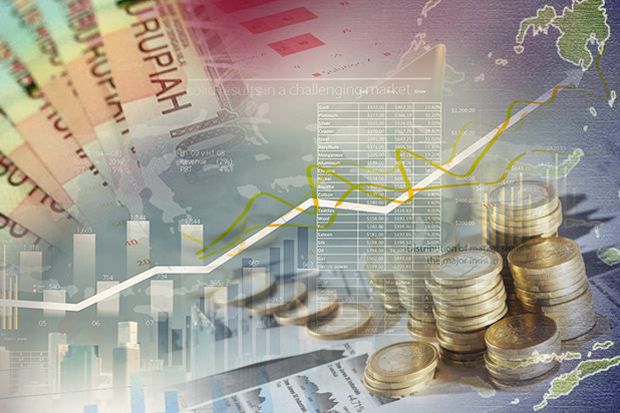Stable Economic Growth in the Era of President Jokowi’s Government
Under the leadership of President Joko Widodo, the Indonesian economy continues to show solid and consistent performance, with stable economic growth in the range of 5% each year. This has received high appreciation from the Head of the National Development Planning Agency (Bappenas), who considered the achievement as evidence of the success of Jokowi’s economic policies in maintaining national stability and growth.
In recent years, Indonesia has faced serious global challenges, such as the COVID-19 pandemic and international economic uncertainty. However, amidst these conditions, the Jokowi administration has managed to maintain national economic growth at a stable rate, far above the average of other developing countries. According to the Head of Bappenas, this is the result of strategic policies implemented by the government, including massive infrastructure development, structural reforms, and development of leading sectors.
“President Jokowi’s leadership in maintaining economic stability is worthy of appreciation. The government is not only focused on short-term recovery but also creating a strong foundation for long-term growth,” said the Head of Bappenas.
One of the important factors contributing to the sustainability of this economic growth is an ambitious infrastructure development program. By improving connectivity between regions, accelerating the distribution of goods and services, and increasing competitiveness, Indonesia has been able to create a conducive investment climate. This can be seen from the high interest of foreign investors who invest their capital in various strategic sectors, such as energy, technology, and manufacturing.
The government also continues to encourage new economic sectors that have high growth potential, such as the digital economy and creative industries. These sectors have grown rapidly, making significant contributions to the national GDP and creating new jobs for the community.
In addition, the bureaucratic reform and deregulation programs implemented by the government are also considered to play an important role in creating ease of doing business, thereby increasing the competitiveness of the national economy in the global arena. In recent years, Indonesia’s ranking in the Ease of Doing Business (EoDB) has continued to increase, indicating significant improvements in the investment and business climate in the country.
Moving forward, the next government is expected to remain committed to maintaining this momentum of economic growth. The government will continue to strengthen efforts to diversify the economy, expand export markets, and increase human resource capacity through quality education and training programs.
The Jokowi administration has proven that with the right policies, Indonesia is able to survive and grow amidst global challenges. Consistency in maintaining economic growth at 5% is one of the important achievements that is expected to continue for the welfare of the people and the progress of the nation.
